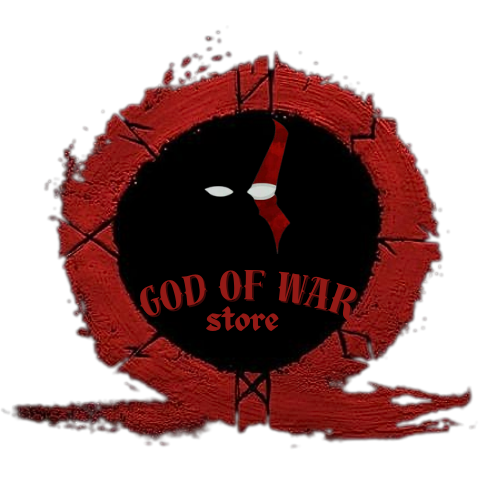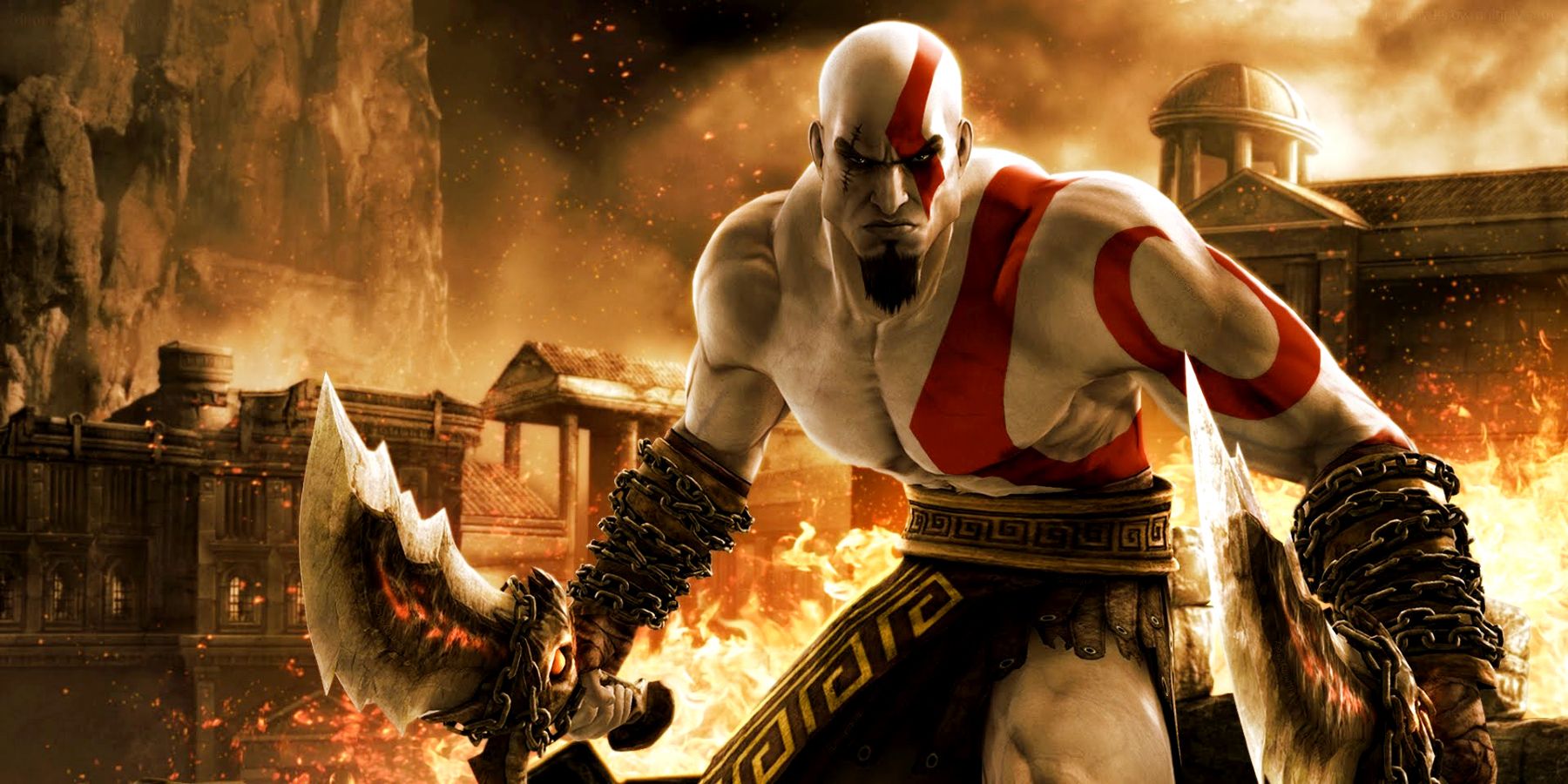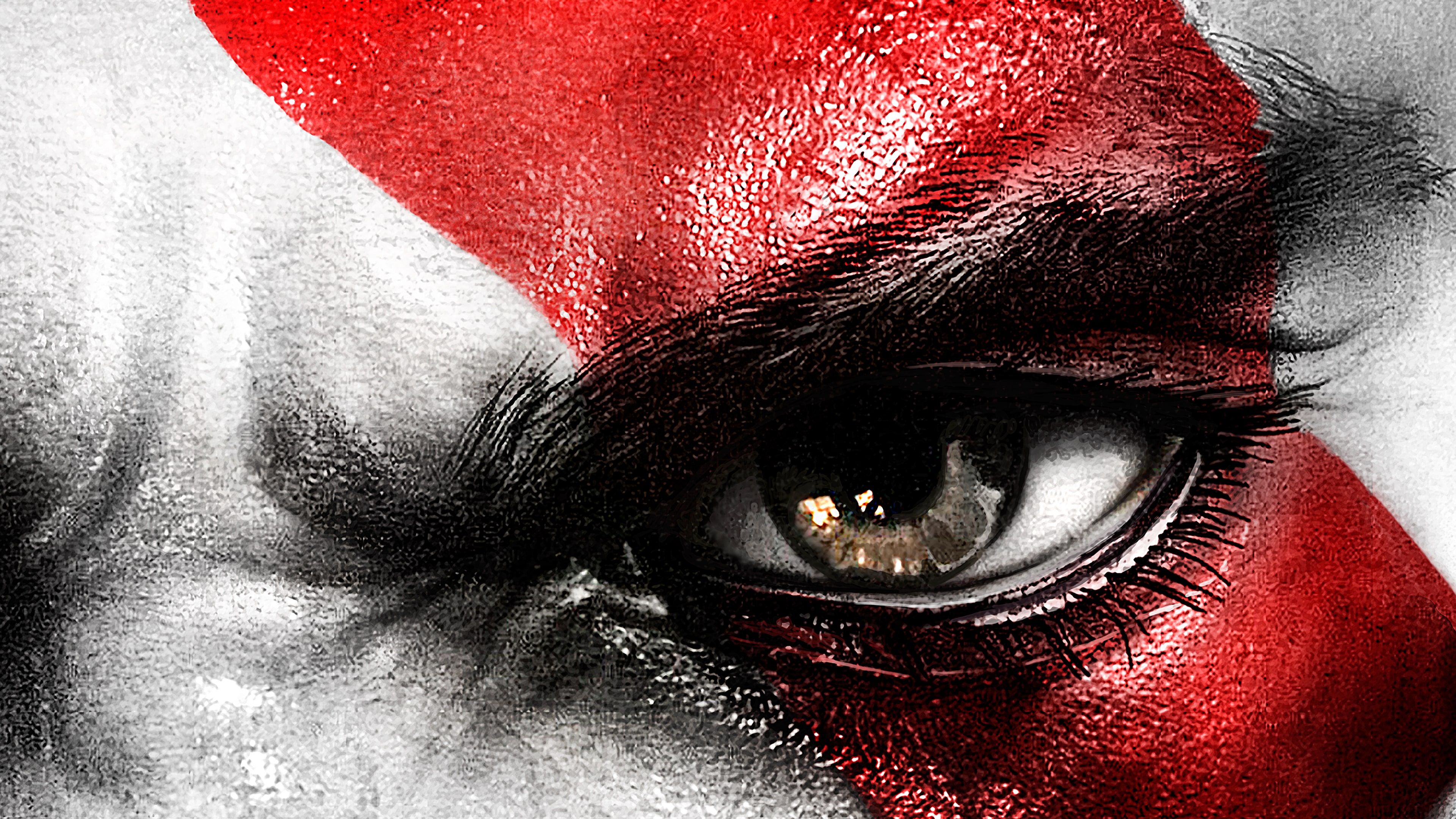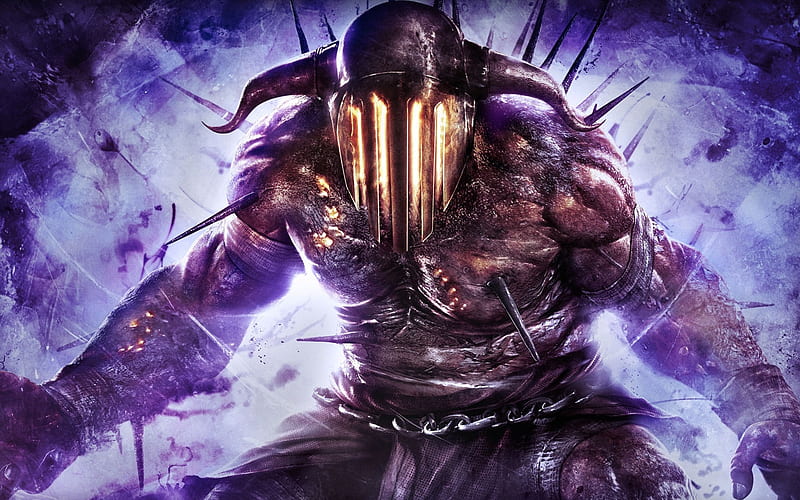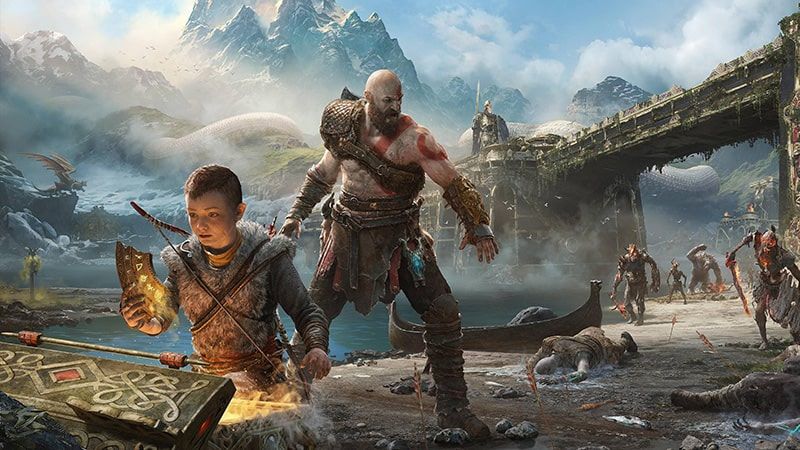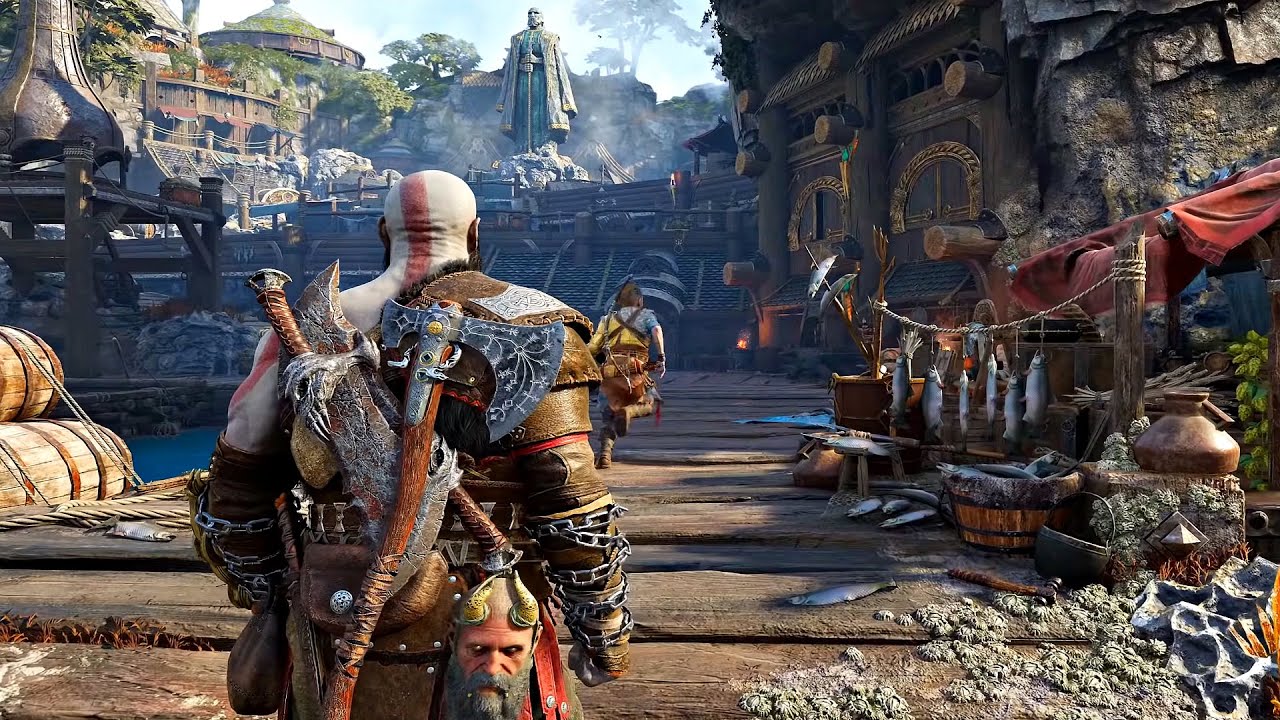God of War series has carved a legendary path in the realm of video games, captivating players with its gripping storytelling, visceral combat, and rich mythological backdrop. Spanning across multiple platforms and nearly two decades, the franchise has evolved from its origins on the PlayStation 2 to becoming a hallmark of gaming excellence. With each installment, players are immersed deeper into the tumultuous journey of Kratos, the series’ iconic protagonist, as he navigates through gods, monsters, and the complexities of his own troubled past. This comprehensive guide explores the expansive universe of the God of War series, tracing its evolution, key elements, and why it continues to resonate with gamers of all ages and backgrounds.
God of War: Chains of Olympus (2008)
The PlayStation Portable (PSP) stood out for delivering console-quality visuals and gameplay from the PlayStation 2 in a portable format. Developed by Ready at Dawn Studios, this entry further elevated the astonishment of experiencing high-fidelity gaming on the go.
God of War (2005)
The other games on this list deserve credit for building upon the remarkable foundation laid by the first God of War game. This debut was a daring fusion of two primary influences: the combat mechanics inspired by Hideki Kamiya’s Devil May Cry series, and the platforming and cinematic style reminiscent of Fumito Ueda’s PlayStation 2 masterpiece, “Ico.” It stands as one of the earliest examples of Sony exclusive titles harnessing a console’s full potential. Despite the PlayStation 2 not boasting the most powerful specs of its generation, this entry, under the direction of David Jaffe, showcased Sony’s prowess in delivering high-fidelity gaming, featuring a rare 480p resolution for a console game in 2005.
God of War: Ghost of Sparta (2010)
In this game, series fatigue began to set in, particularly given the grandeur of the PlayStation 3’s concluding chapter. Nonetheless, Kratos acquires a spear, which arguably stands as one of his finest weapons in the series, alongside his iconic Blades of Chaos and the Leviathan Axe from the PS4 and PS5 titles.
God of War 3 (2010)
The initial half-hour of “God of War 3” remains unparalleled in the realm of video games. It’s a spectacle that transcends mere gaming, captivating even those uninterested in the medium. Picture a Titan delivering a colossal blow to Poseidon, hurling Kratos through the deity’s watery form to confront him on a leveled battlefield. The brutal slaying of Poseidon and the ensuing cataclysmic floods across the Greek realm unequivocally establish the stakes: Kratos is poised to dismantle Greek polytheism with sheer force.
God of War: Ascension (2013)
While players began to feel the formula’s fatigue with “Ghost of Sparta,” it was “Ascension,” released three years after the conclusion of the Greek pantheon’s story, that solidified this sentiment for many.
God of War (2018)
In 2018, “God of War” emerged as a standout in its long-standing series, breathing new life into an established character and storyline. Cory Barlog, who has been involved with the series since its early days as both series director and lead animator, faced considerable challenges in steering the narrative away from Kratos’s infamous trilogy of vengeance. However, his decision to pivot towards Kratos’s paternal journey, influenced by the acclaim of Naughty Dog’s “The Last of Us,” proved to be a pivotal and visionary choice.
God of War Ragnarok (2022)
Is this new game benefiting from recency bias? It might be too soon to definitively claim it as the pinnacle of the series. However, once experienced, its strengths are difficult to dispute, seamlessly intertwining elements reminiscent of the original trilogy while accentuating its finest qualities. The advancements since 2018 are immediately apparent, especially in the grandeur of its combat encounters that rival the scale of the bombastic sequences from the second and third games. Massive adversaries dominate the screen, yet now, each battle carries added emotional weight due to Kratos’s internal conflicts
Conclusion:
As we reflect on the epic odyssey that is the God of War series, one thing becomes abundantly clear: its enduring impact on gaming culture is profound and timeless. From the blood-soaked battlefields of ancient Greece to the frosty peaks of Norse mythology, each game in the series has left an indelible mark on those who have dared to embark on Kratos’s quest for redemption and revenge. Whether you’re a seasoned fan or a newcomer to the series, God of War promises an unforgettable adventure that transcends mere entertainment, offering a glimpse into the depths of human resilience and the consequences of unchecked ambition. As the saga continues to unfold, one can only wonder what epic sagas and mythical realms await the Ghost of Sparta in the future.


